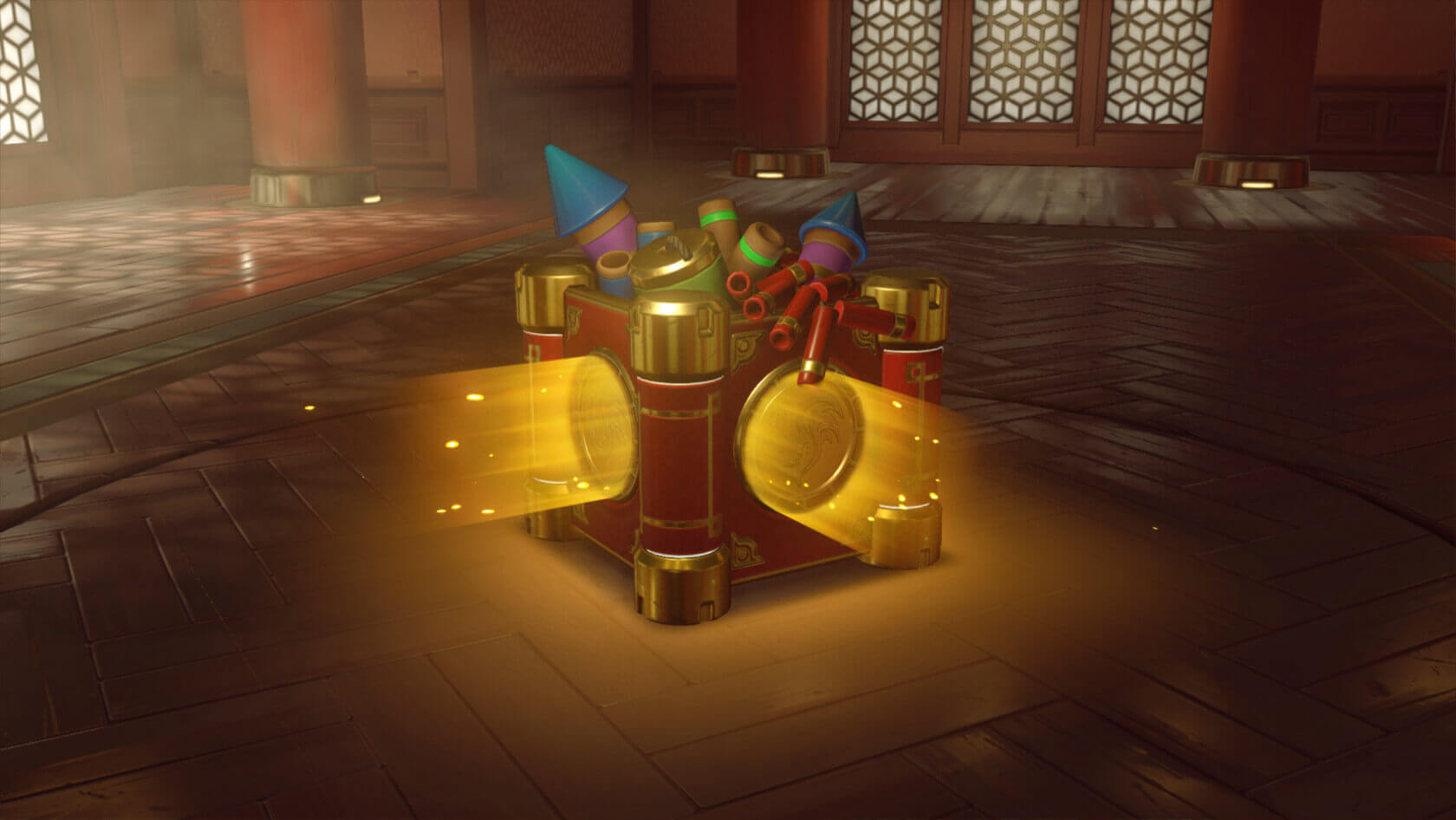Why it matters: It's no secret that gamers and publishers both like loot boxes for different reasons. They've been the source of many controversies over the last few years, but now console makers and publishers are looking for a middle ground that will hopefully transform what many describe as a gambling scene into a civilized industry – where "surprise mechanics" aren't a big nebulous and where players know what they're getting into from the start.
Sony, Microsoft and Nintendo will now force disclosures from new and updated games that sell randomized loot boxes, in an effort to increase transparency for players who arguably have a right to know the odds of winning different types of in-game items through those game mechanics.
The Entertainment Software Association (ESA), who represents the video game industry, made the announcement at a loot box workshop taking place at the Federal Trade Commission today. ESA Chief Counsel Michael Warnecke said the three big console makers are committed to new platform-wide policies that will govern the way loot boxes are developed and marketed on their platforms.
There's no exact timing on when we can expect the requirements to come into effect, but the ESA says the companies hope to roll them out sometime in 2020. The policies would include the "disclosure of the relative rarity or probabilities of obtaining randomized virtual items on their platforms," so that players can make better purchase decisions. This would be building on top of previous efforts from the ESRB to clearly label titles that have in-game purchases.
Warnecke said that console manufacturers are not the only companies to commit to the proposed changes. Several video game publishers are looking to "implement a similar approach," with prominent names like Bethesda, Ubisoft, Electronic Arts, Bungie, WB Interactive Entertainment, Take-Two Interactive, Activision Blizzard, Bandai Namco Entertainment, and Wizards of the Coast., the Chief Counsel added that "many other ESA members are considering a disclosure."
It's worth noting that the industry body recognizes the importance of listening to consumers and building "relationships with our players based on fun, but just as importantly on trust." Recently, regulators have expressed their concerns over loot box mechanics with a focus on those targeting children, mirroring what other world governments have done over the last few years to fight this trend.
Today's announcement seems to bring support from companies like EA, who only months ago defended loot boxes and "surprise mechanics" as ethical, so it's nice to see them admitting that they have a responsibility to be open about them to the many players that have spent billions of dollars and made these companies puff up in the span of a few years.
Apple and Google have similarly decided to force app store developers to disclose loot box drop rates. Australian regulators have compared them with gambling, and European countries like Belgium have even declared them to be illegal in the way they are implemented in games like FIFA 18, Overwatch and CS:GO.
To put things in perspective, ESA members have finally caved in to years of criticism from consumers about loot box mechanics in video games and are proceeding to self-regulate as a way to move the industry forward without government intervention and bills that could have overreaching effects on video game content.
